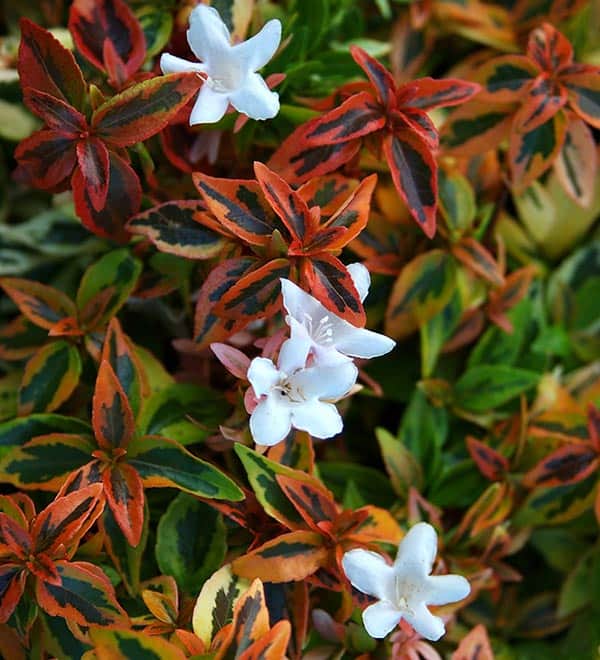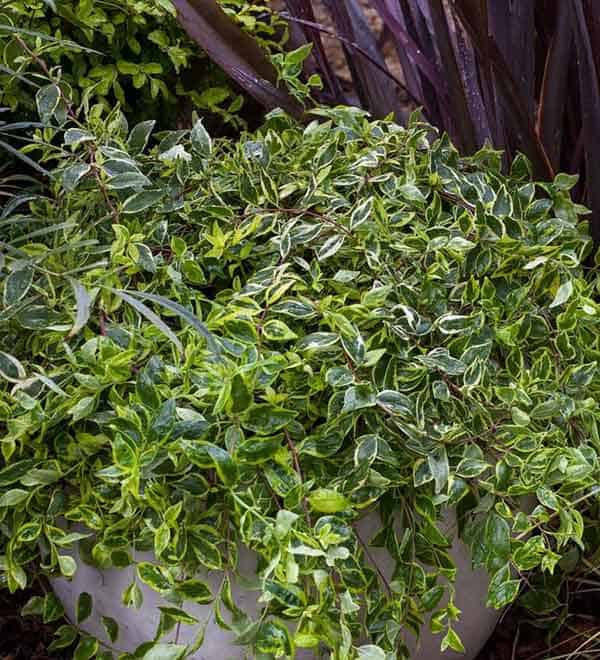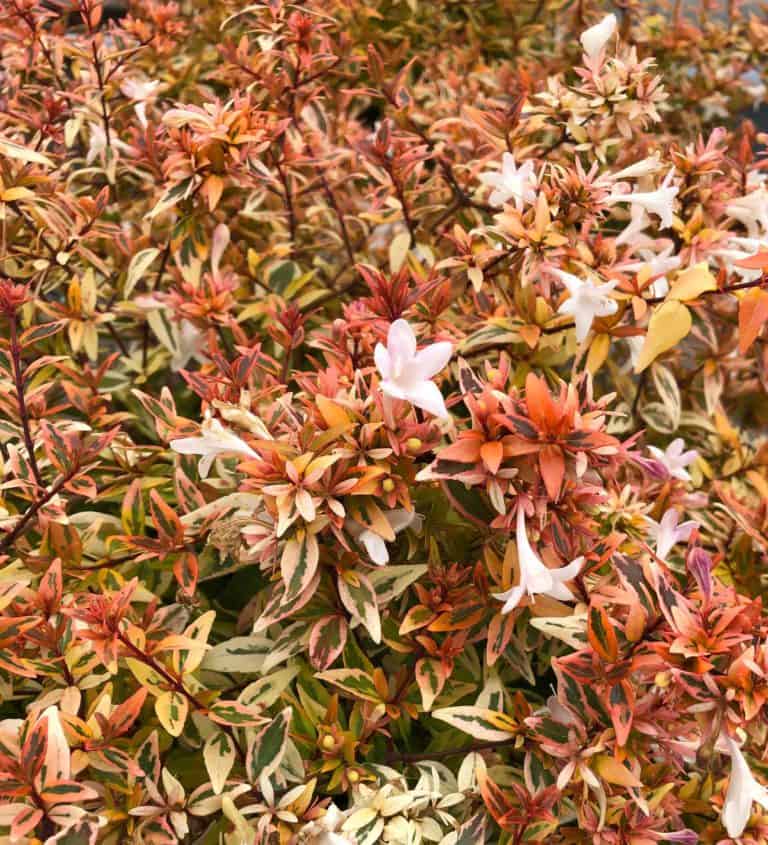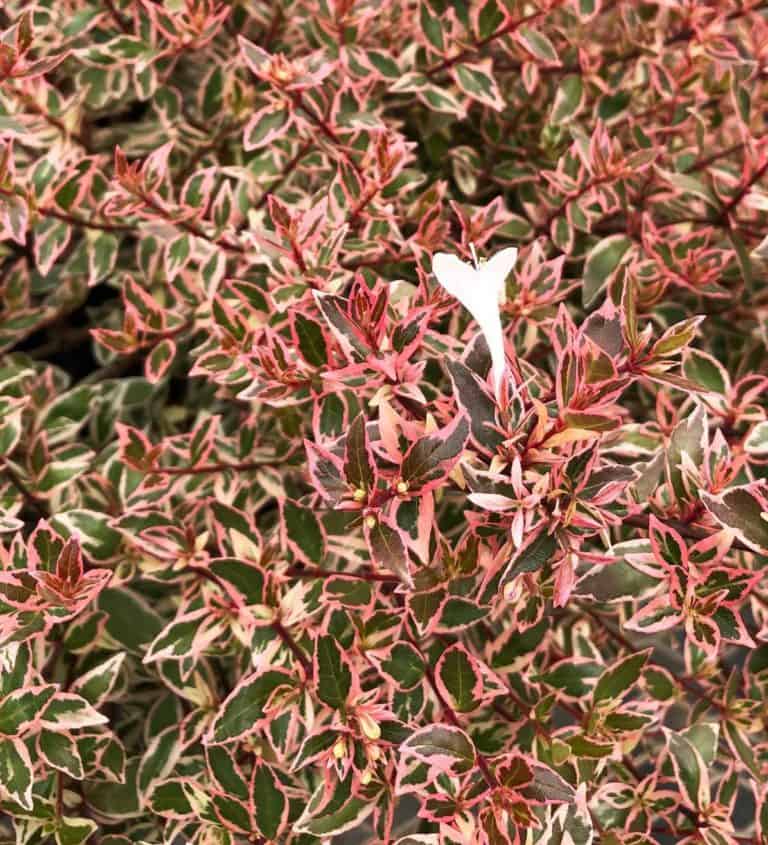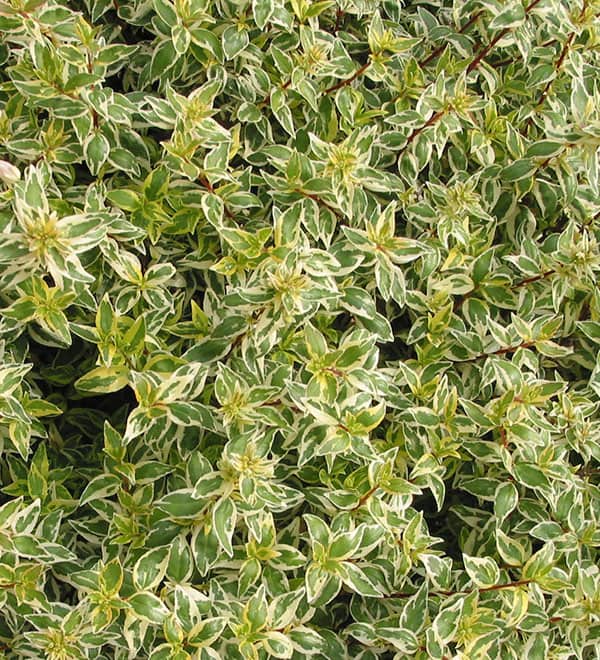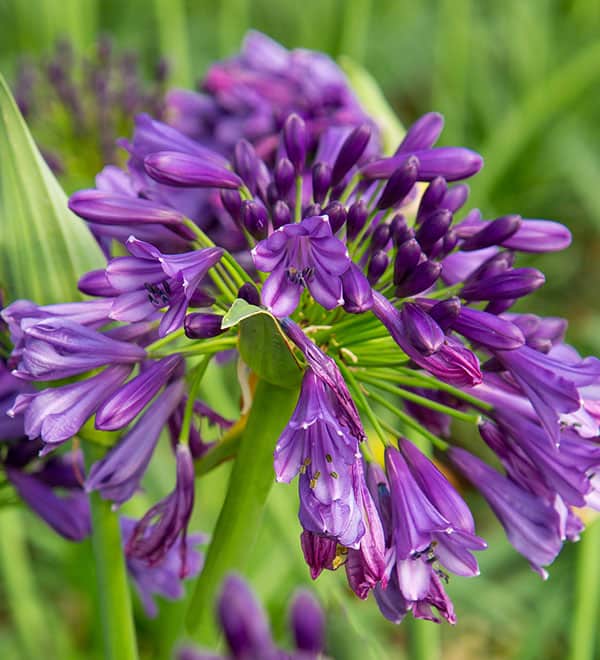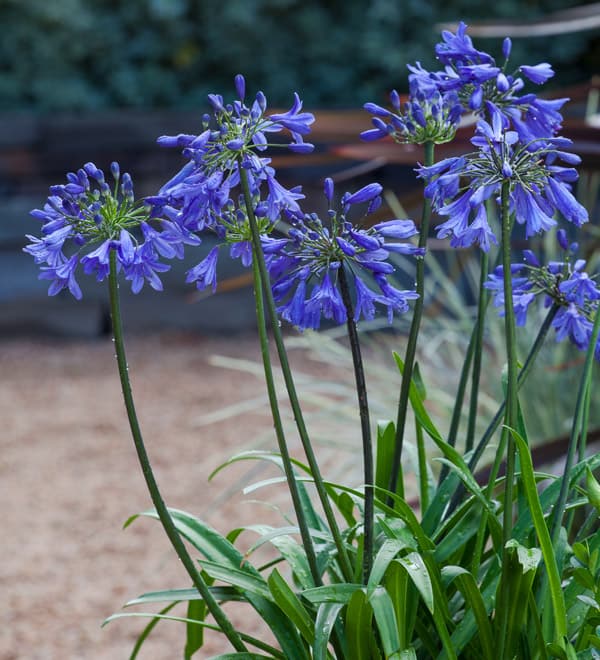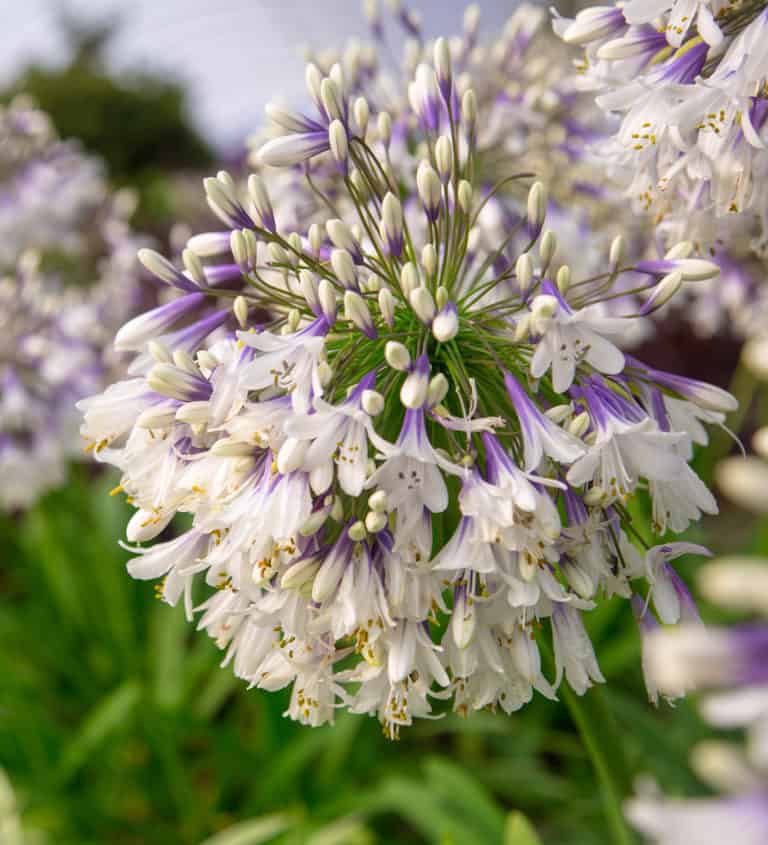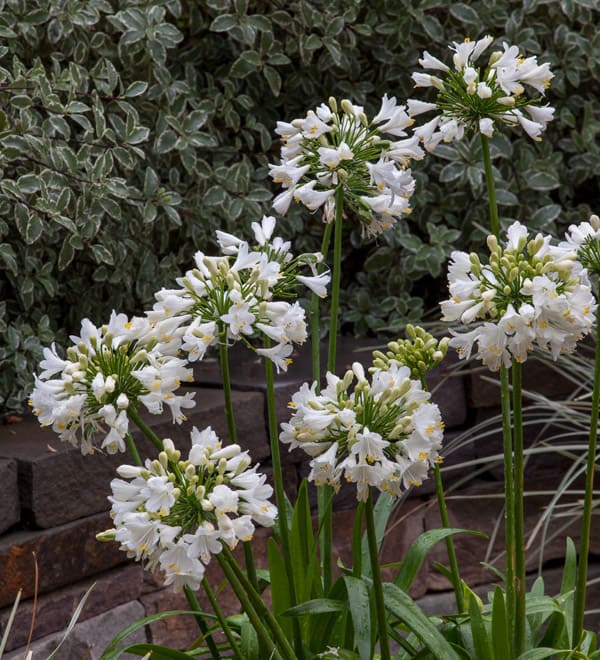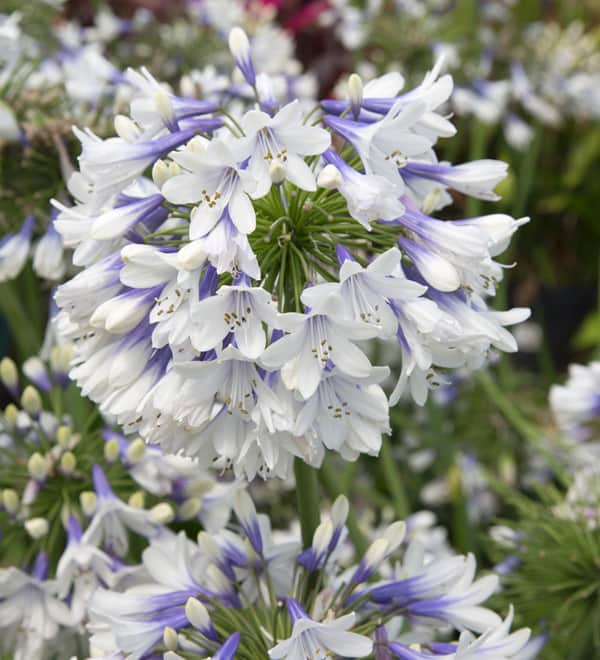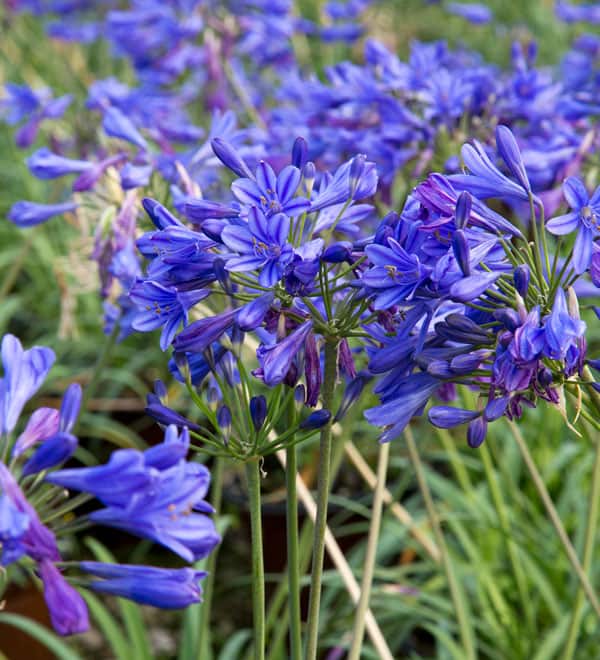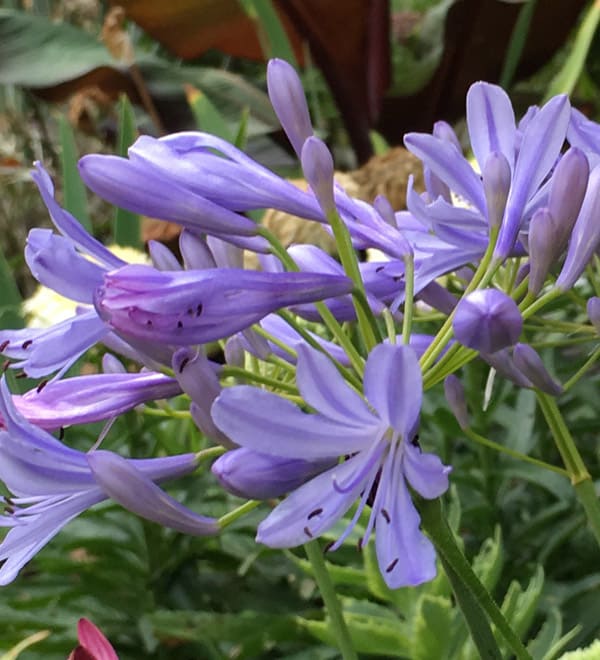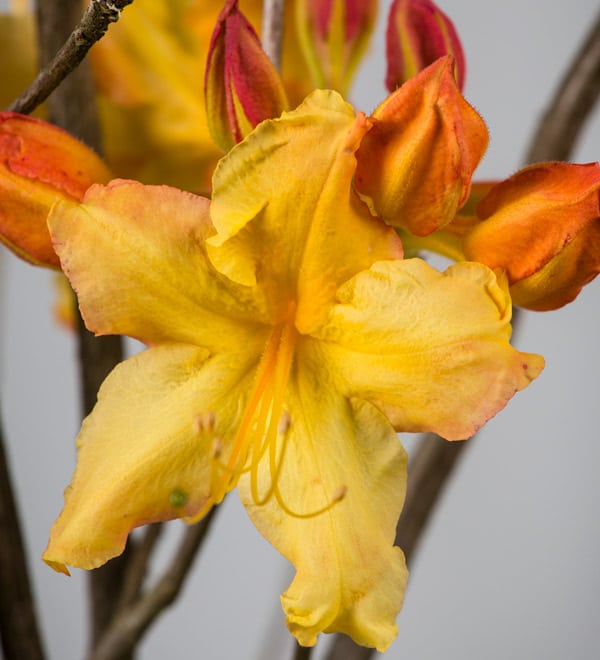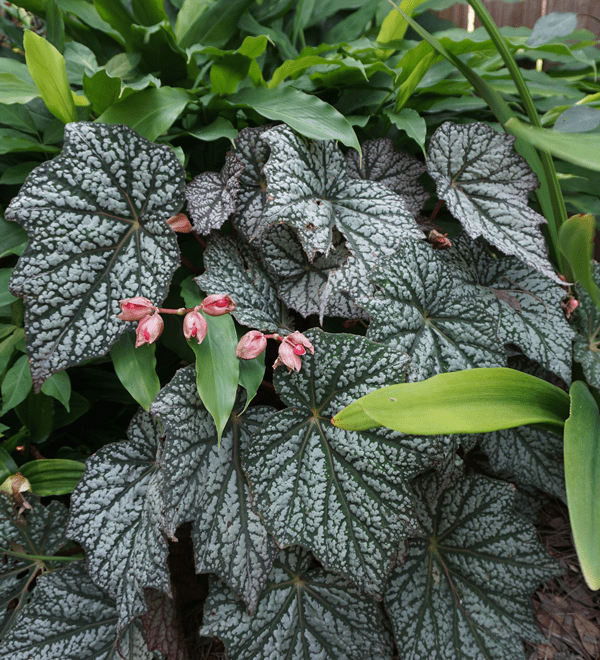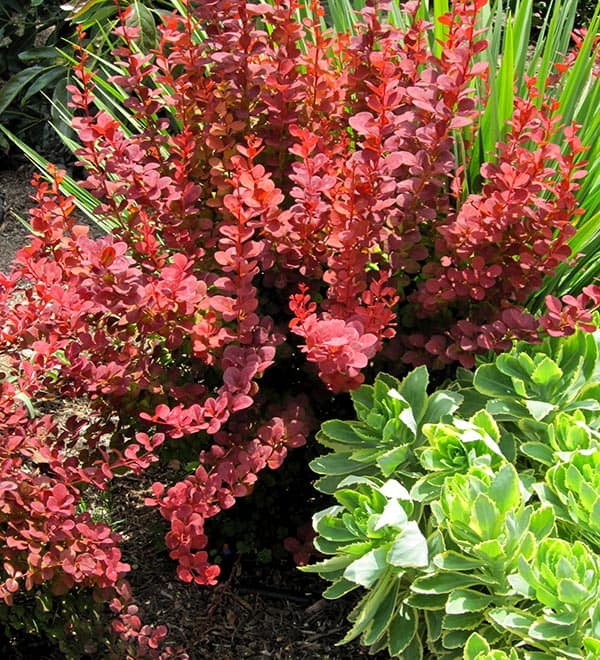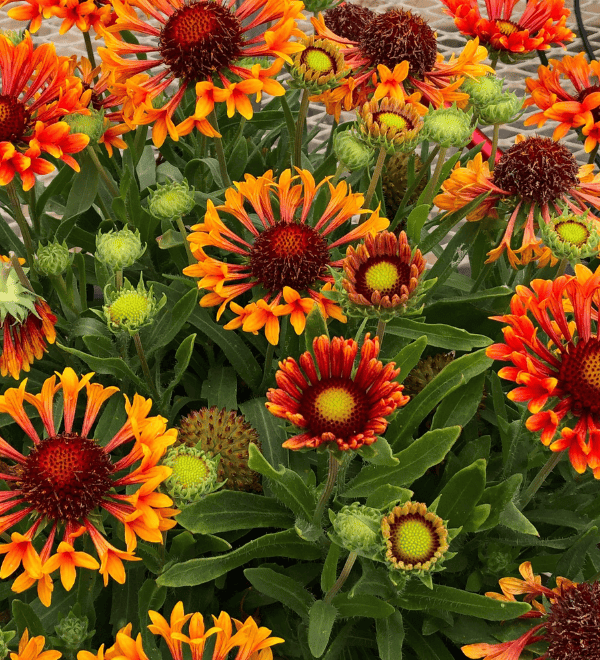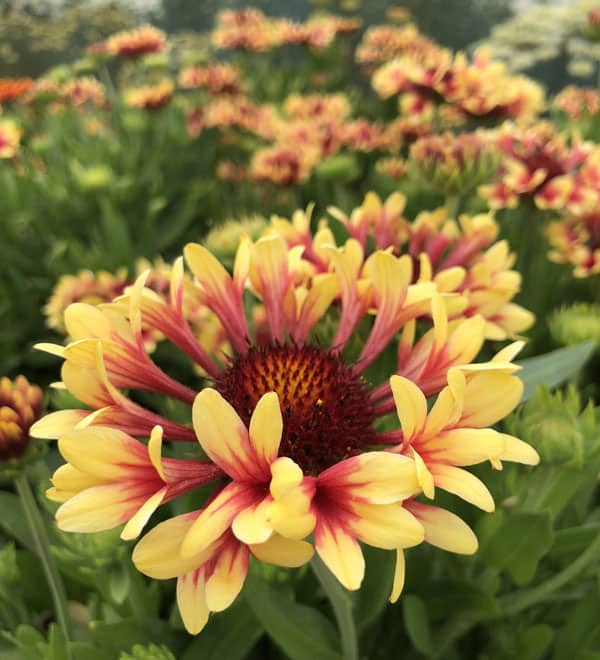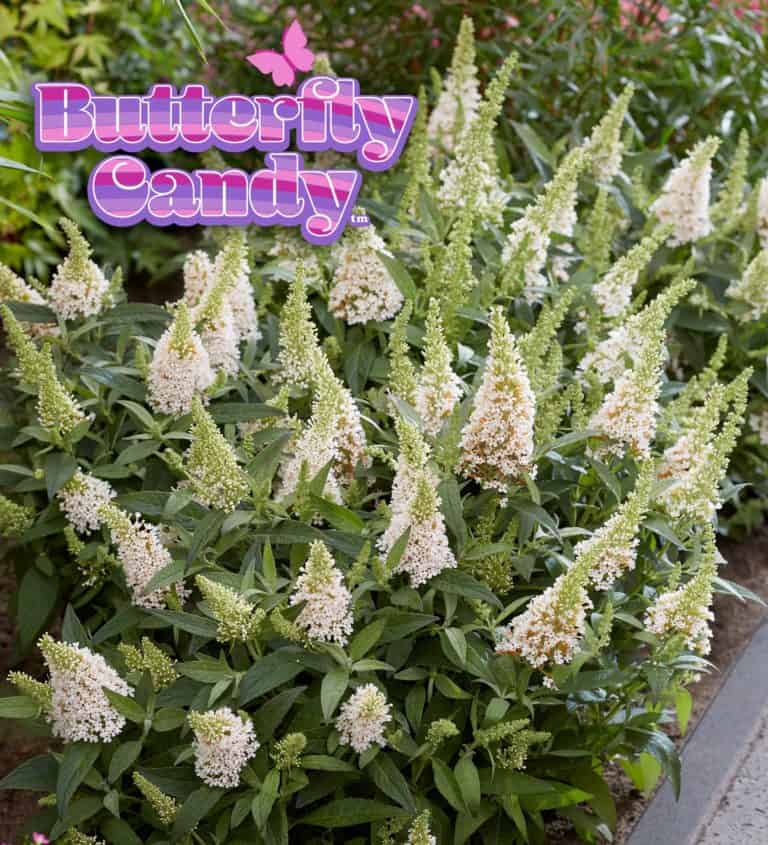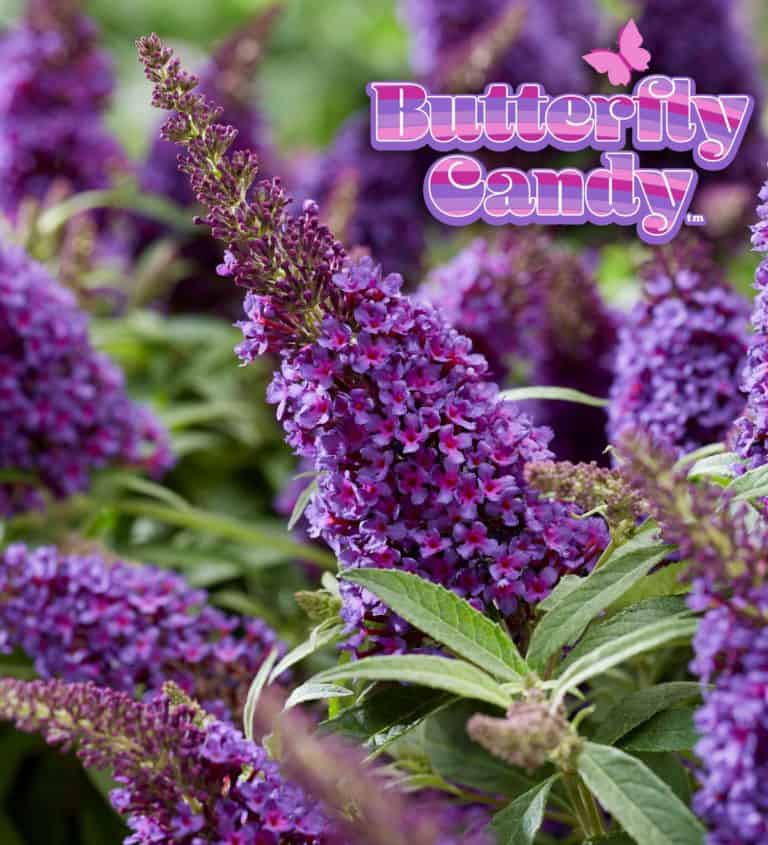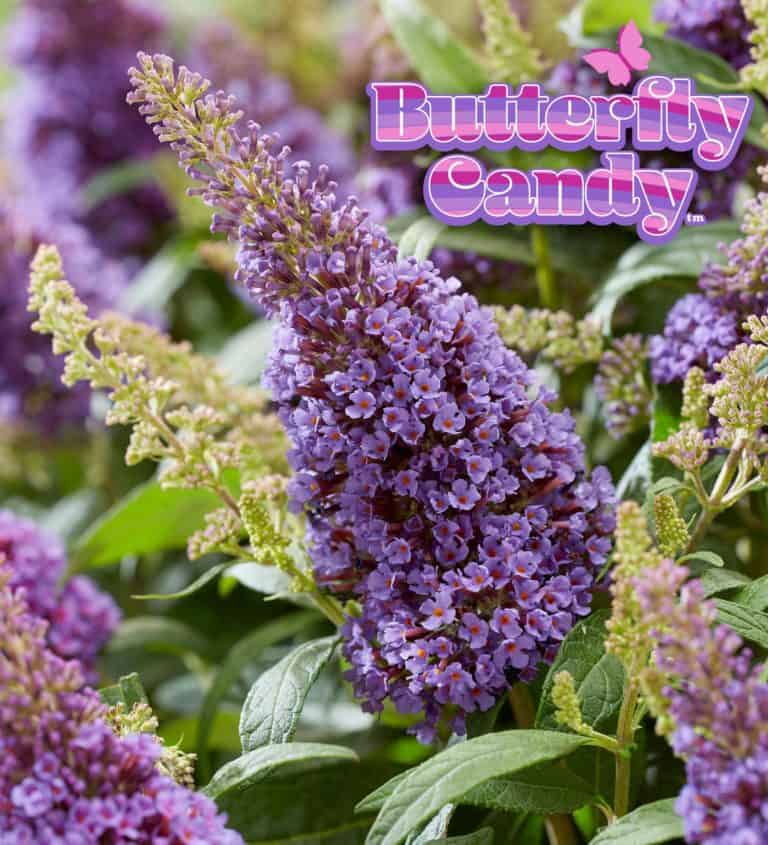Zone 7 encompasses several thousand square miles west of the Sierra Nevada and Cascade ranges, and in the mountains that separate the Southern California coast from interior deserts. Because of the influence of latitude, this climate lies mostly at low elevations in Oregon’s Rogue Valley, middle elevations around California’s Central Valley, and at middle to higher elevations farther south. Gray pines define the heart of Zone 7 around the Central Valley, but more adaptable incense cedars replace them farther north and south.
Hot summers and mild but pronounced winters give Zone 7 sharply defined seasons without severe winter cold or enervating humidity. The climate pleases plants that require a marked seasonal pattern to do well—flower bulbs, peonies, lilacs, and flowering cherries, for example. Deciduous fruit trees do well also; the region is noted for its pears, apples, peaches, and cherries.
Gardeners in a few spots around the San Francisco Bay will be surprised to find their gardens mapped in Zone 7. These areas are too high and cold in winter to be included in milder Zones 15 and 16. In the mildest parts of Zone 7—in the extreme southern Salinas Valley, for example—you can get away with growing borderline plants such as citrus, oleanders, and almonds if you choose a spot with good air drainage to take the edge off winter chill. At weather-recording stations in Zone 7, typical winter lows range from 35 to 26°F (2 to –3°C),with record lows averaging from 18 to -0° F (–8 to –18°C).

